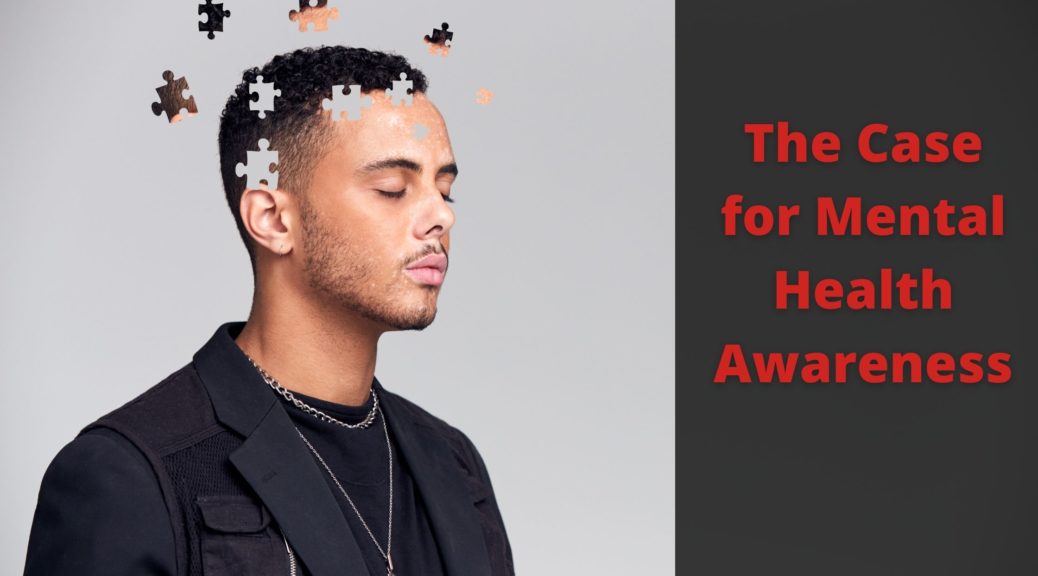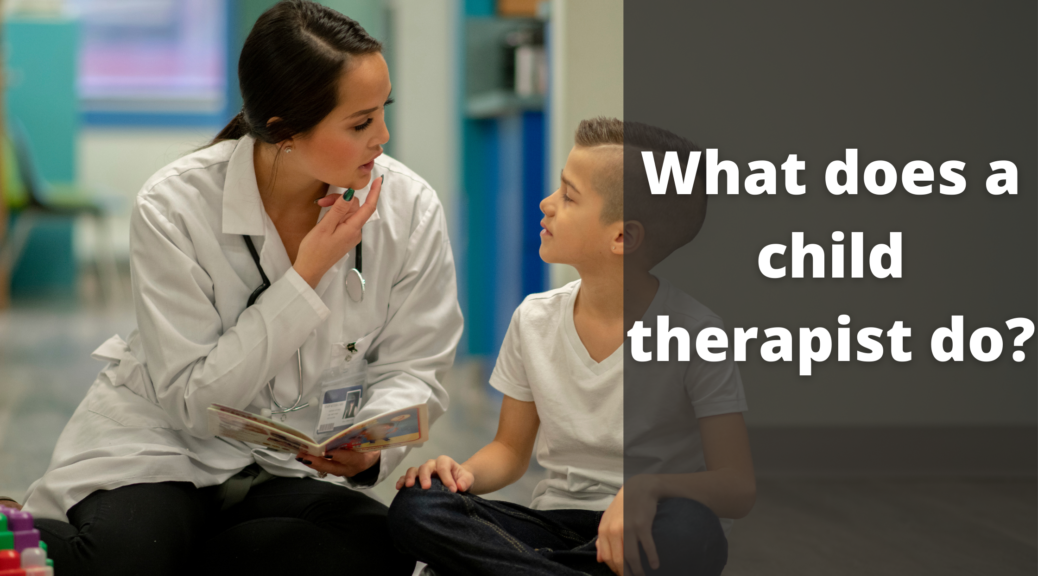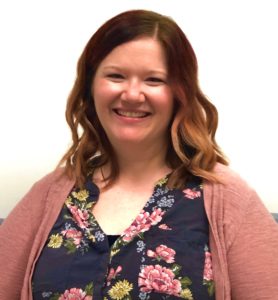Mental health difficulties can drastically limit a person’s capacity to live a full life. They can put a damper on relationships, family life, and jobs; as well as financial, social, and racial stability. Mental health issues are connected to family genetics, biological characteristics, and life events. It affects everyone and there is no single gender, race, or age group that is excluded.
Today, there is a rising understanding of the necessity for mental health treatment. Counselors are needed in all areas as a result of concerns such as depression, anxiety, relationship problems, suicide, and drug abuse among students and the elderly.
Therapies that tackle relationship problems such as Marriage counseling, Couples Therapy, Trauma treatment/therapy/counseling therapy, and divorce discernment. These are sought after because of their effect not only on the couple but on the people that surround them.
These kinds of therapies are emotionally focused couples therapies that help couples to figure out what they really want and what they really need.
With the emergence of contemporary psychiatry, both medical professionals and the general public came to accept the concept of mental health and therapy. With increasing acknowledgment of mental institutions’ ineffectiveness, a mental hygiene movement led by doctors, social workers, psychologists, and former hospital patients has emerged. People that suffer from depression and anxiety are encouraged to seek help attend through anxiety treatment/therapy/counseling, depression treatment/therapy/counseling.
Aside from that, children in their adolescent period are being encouraged to seek teen therapy and/or adolescent therapy to help them understand themselves and who they are as a person.
The Center for Connection, Healing, and Change was envisioned as a haven for a joyful connection to oneself and one’s loved ones.
We are centered on the development of safe, intimate, and gratifying relationships. We believe that therapy should be a secure place where you may talk about how you’re feeling and thinking without fear of being criticized. We focus on resolving because we believe in the value of good, happy relationships for your mental, emotional, and physical well-being. Your relationships are healthy; they have the confidence and energy that you can face the obstacles that life throws.
To experience positive outcomes, we introduce you to a person that can help you understand the need for change and help you be prepared to follow the treatment plan as prescribed by the doctor. We will also introduce you to a therapist you can rely on.
Each therapy session will be specifically tailored to your circumstances to help you recover more effectively. Therapy can be short-term or long-term, depending on your requirements. Additionally, you do not need to be diagnosed with a mental illness to benefit from mental health therapy.
Many individuals also seek counseling for everyday issues such as work-related stress or mental worries. Others seek assistance through more painful and complicated occasions, such as death or divorce, postpartum depression or anxiety, sex therapy, and co-parenting therapy.
The Center for Connection, Healing, and Change was established as a gathering space for systemically-trained professionals to collaborate, support, and encourage one another on their path to clinical excellence to help their patients in resolving their attachment issues and achieve healthy minds and relationships through various therapies and approaches such as EMDR, meditation, and yoga.




















